
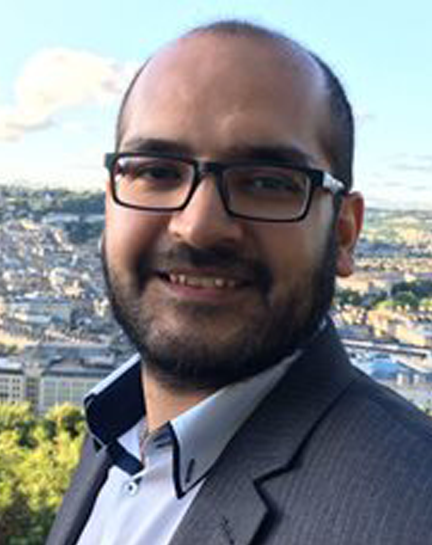
Haider Butt is leading Nanophotonics research group at the University of Birmingham. Previously he was a Henslow Research Fellow at the Department of Engineering, University of Cambridge, from where he also received his PhD in April 2012. His fellowship was sponsored by the Cambridge Philosophical Society. His research work has received substantial recognition in the form of awards and media interviews. In 2010 he received an Ambitious Research Award from the Institution of Engineering and Technology (IET) in recognition of his research work. And in April 2013 he was awarded the ABTA Doctoral Research Award for his work on “carbon nanotubes based holograms”.
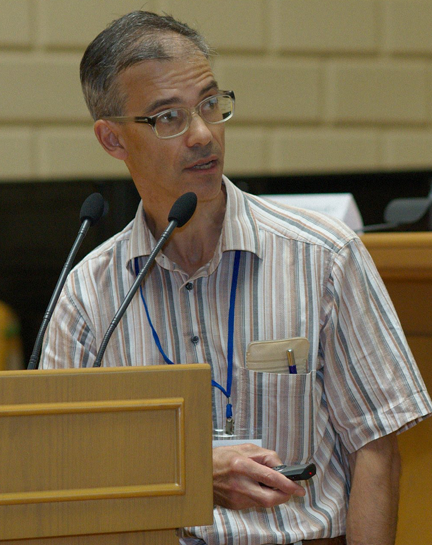
His professional interests cover a wide range of topics, such as hybrid materials, organic electronics, energy conversion issues, ecological thinking. He has been a recipient of prestigious scholarships of Swedish Institute, Fulbright Foundation and DAAD.
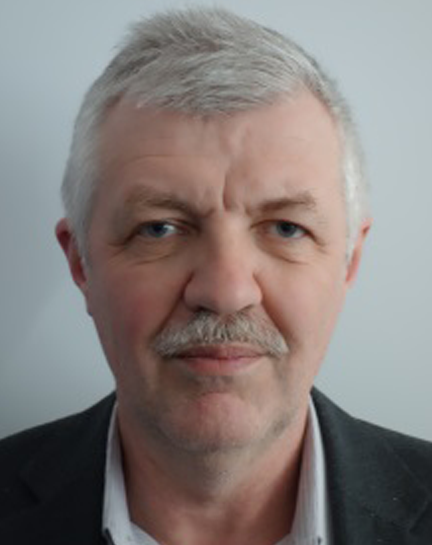
Vidmantas Gulbinas is a leading researcher in the department of Molecular Compounds Physics of the Center of Physical Sciences and Technolgy in Vilnius, Lithuania, professor of Vilnius University. Graduated Vilnius University, faculty of physics at 1980 and received his Ph.D. in the field of experimental physics in 1988. His main research activities are focused on the development of ultrafast spectroscopic techniques and investigation of ultrafast optically induced processes in the molecular solutions, aggregates and solids. Currently his scientific interest mainly focused on charge carrier generation, motion and recombination in organic and hybrid photoconductors and devices. He is a coauthor of more than 150 papers cited more than 2000 times.
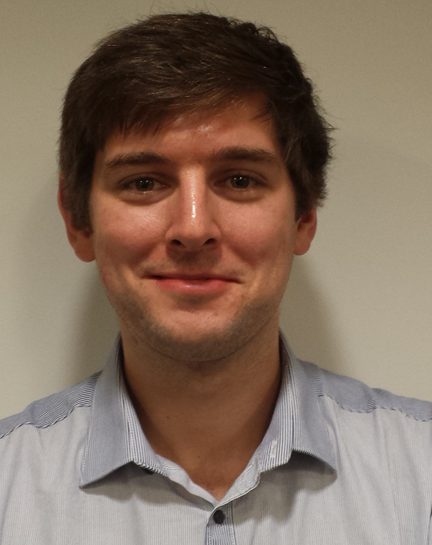
Dr Stephen Hodge is a Senior Researcher in the Cambridge Graphene Centre and in the Engineering Department of Cambridge University. He is in the Nanomaterials and Spectroscopy Group in the Electrical Engineering Division. He is also a Bye-Fellow for Murray Edwards College.
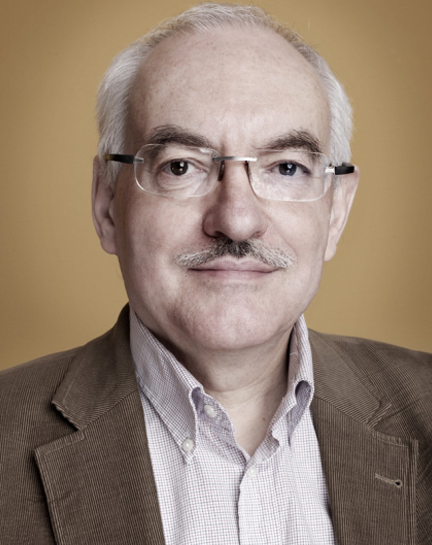
The major scope of our research is chemistry of nucleic acids focused on the development of methods for the synthesis of carborane- and metallacarborane-containing nucleosides, nucleotides and DNA-oligomers and physicochemical and biological evaluation of the obtained molecules. The important feature of this novel modification is combining the biological constituent bearing information (nucleic acid) with inorganic module bearing function (boron clusters and their complexes with metals). The unique properties of the borane clusters support several practical applications of modified nucleosides and their oligomers. These include antiviral activity, antisense oligonucleotides with potential antiviral and anticancer activity, boron carriers for BNCT, DNA-oligomers as molecular probes for medical diagnostics and building blocks for nanoconstruction.
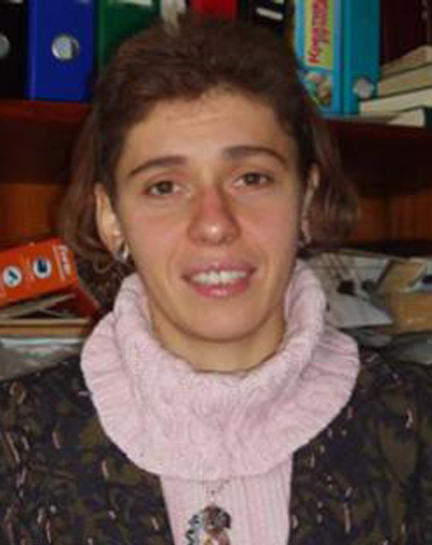
Theoretical physicist, specialist in the field of analytical theory of finite-size effects of phase diagrams and domain structure of ferroics, with a special attention to ferroelectrics, ferroelastics and multiferroics. She has theoretical training in the field of semiconductor physics, solid state physics, scanning probe microscopy.
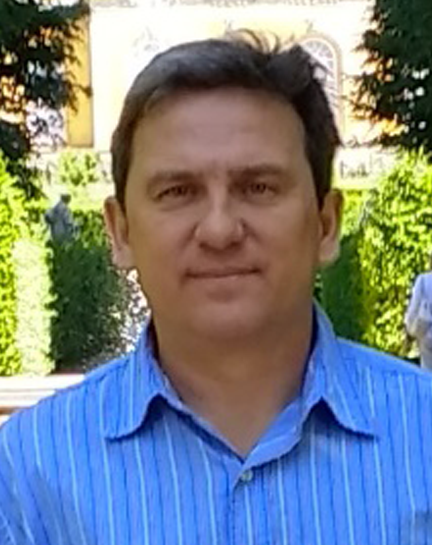
Tymish Ohulchanskyy holds his M.S. (Physics) and Ph.D. (Optics and Laser Physics) degrees in Taras Shevchenko National University of Kyiv (Kyiv, Ukraine). After obtaining Ph.D. in 2001, Dr. Ohulchanskyy has joined the University at Buffalo (Buffalo, NY, USA) as a post-doctoral associate, later he received the position of Deputy Director at the University at Buffalo’s Institute for Lasers, Photonics and Biophotonics. Since 2016, Dr. Ohulchanskyy is in the position of Distinguished Professor in the College of Optoelectronic Engineering of Shenzhen University, Shenzhen, Guangdong, China. He has published more than 120 articles in peer-reviewed journals (>11000 citations, h-index - 47) and has a number of patents and patent applications. Dr. Ohulchanskyy is a member of the international Society for Optics and Photonics (SPIE) and American Chemical Society (ACS), he is an editor of several journals.
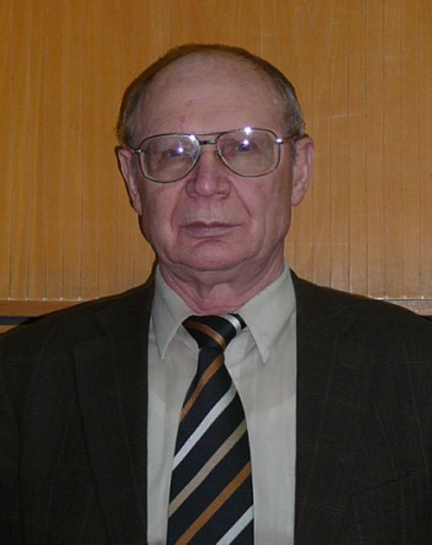
Professor Elmar Petrov, Head of Department of Theory of Quantum Processes in Nanosystems, Bogolyubov Institute for Theoretical Physics of National Academy of Science of Ukraine, Kyiv. Field of scientific interests: magnetism, theoretical biophysics, molecular electronics. One of the main creaters of the theory of magnrtic excitons; propoused a donor-acceptor mechanism of electron transfer through protein chains; derived a kinetic approach to description of charge transfer processes in molecular junctions.
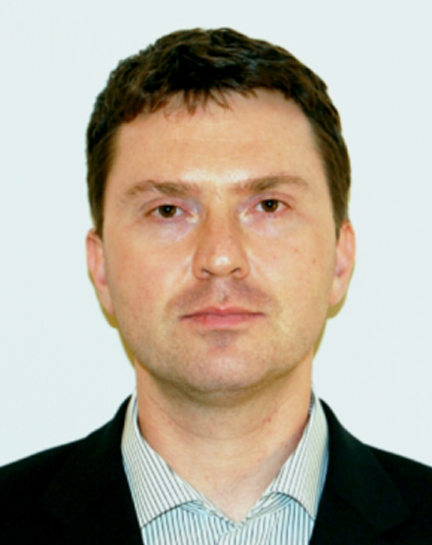
Area of scientific interests: metal halide perovskites optoelectronics. Main achievements: invention of perovskite hard radiation and full color photodetectors, perovskite nanocrystals as optical gain materials.